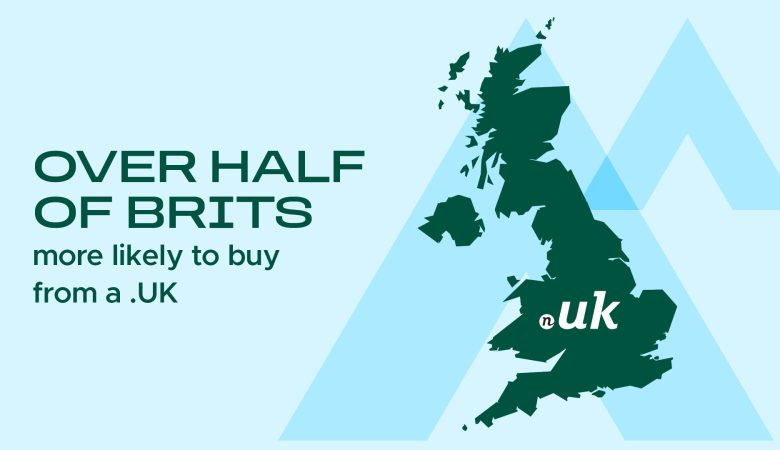The evolution of digital marketing has led to the emergence of sophisticated technologies that are revolutionizing how businesses reach their audiences. Among these technologies, programmatic advertising stands out as a game-changer, automating the buying and placement of ads across online platforms. This method of advertising ensures that ads are shown to the right audience at the right time, creating more efficient and effective marketing campaigns. Understanding these shifts is crucial for marketers looking to stay ahead of the curve in the digital realm. Keep reading to explore the nuances of programmatic advertising and its growing impact on the future of digital marketing.
Understanding Programmatic Advertising in Today’s Digital Landscape
Programmatic advertising refers to the automated buying and selling of online ad space, leveraging algorithms and real-time bidding to place ads more efficiently. Unlike traditional ad-buying processes that involve negotiations and manual orders, programmatic platforms streamline the process using advanced technology. This allows for targeted advertising campaigns that reach specific demographics and behavior patterns of potential customers.
Advertisers flock to programmatic solutions because they offer precision and personalization at scale. Through this approach, businesses can buy ad impressions on websites that align with their brand or on platforms frequented by their target audiences. As a result, each ad dollar spent has the potential for a higher return on investment, making programmatic a cost-effective strategy.
Digital marketers are also drawn to the wealth of data provided by programmatic advertising. This data serves as a wellspring of insights into consumer habits and preferences. It empowers businesses to refine their strategies, create more engaging content, and optimize their advertising spending in real-time based on measurable outcomes.
The Impact of Programmatic Advertising on Consumer Experience and Privacy
Programmatic advertising has fundamentally altered the consumer experience. Individuals now encounter ads that are more aligned with their interests and online behaviors, potentially increasing the relevancy and utility of these marketing messages. Ideally, this personalization leads to a more enjoyable and convenient browsing experience where advertisements feel less intrusive and more like tailored suggestions.
Despite its benefits, programmatic advertising has raised significant privacy concerns. With algorithms tracking and analyzing consumer behavior, there’s a fine line between personalization and privacy invasion. Striking this balance is a primary concern for the industry, as it must comply with regulations such as the General Data Protection Regulation (GDPR) and the California Consumer Privacy Act (CCPA).
As technology evolves, so do the measures for protecting consumer privacy. Encrypted data, anonymization techniques, and transparent data usage policies are becoming standard practices in programmatic advertising. Companies are also implementing user consent mechanisms to ensure that personal data is used appropriately and with explicit permission.
Navigating the Challenges and Opportunities of Programmatic Ad Fraud
While programmatic advertising presents several opportunities for efficient and targeted ad placements, it’s not without its challenges. Ad fraud is a significant concern in the industry, as fraudulent activity can deplete marketing budgets and skew campaign data. Bots simulating human behavior, domain spoofing, and pixel stuffing are just a few examples of fraudulent tactics that advertisers must be vigilant against.
To combat ad fraud, marketers are employing a range of strategies and tools. Verification services, fraud detection software, and blockchain technology are being used to authenticate traffic and ensure ads are reaching genuine audiences. Regular auditing of ad placements and campaign analytics is also critical to identify and address potential fraud quickly.
Strategies for Marketers to Leverage Programmatic Advertising for Future Campaigns
For marketers aiming to capitalize on the benefits of programmatic, a strategic approach is essential. Understanding the target audience, setting clear campaign goals, and defining key performance indicators (KPIs) are the starting points for any successful programmatic strategy. Beyond this, it’s about leveraging the power of data to continuously optimize campaigns for better performance.
Effective programmatic strategies also extend beyond display ads. They encompass a range of formats, including video, social media, and mobile. Integrated multi-channel campaigns can thus make use of programmatic buying to ensure a consistent and cohesive brand message across all digital touchpoints. This holistic approach can solidify a campaign’s effectiveness and enhance the overall impact on the intended audience.
Overall, the rise of programmatic advertising marks a transformative period for digital marketing, with AI and machine learning at its forefront. Marketers have a wealth of opportunities to craft more personalized and efficient campaigns, but this must be done with a conscientious approach to consumer privacy and ad fraud. By harnessing the power of programmatic wisely, businesses can look toward a future of innovative and ethical marketing strategies that resonate with audiences and deliver tangible results.





